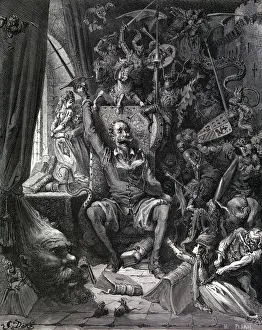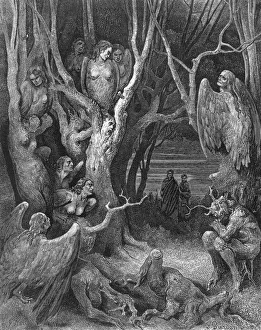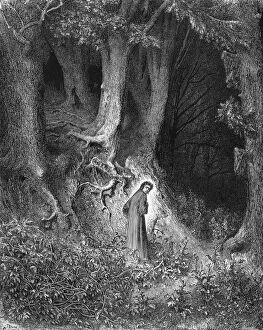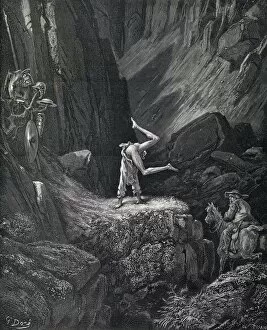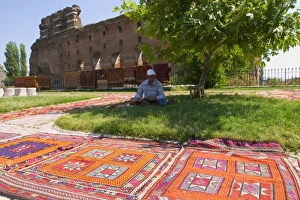Humanities Collection
Step into the world of humanities, where imagination and knowledge intertwine
All Professionally Made to Order for Quick Shipping
Step into the world of humanities, where imagination and knowledge intertwine. In Cervantes's Don Quixote, we find ourselves in his library, surrounded by countless books that transport us to different realms. Diving deeper, we encounter Dante's Inferno, a haunting journey through the circles of hell. Here, suicides are tormented by Harpies while Charon ferries souls across the Styx. Amidst these allegorical compositions celebrating humanities lies an 18th-century university library. Its shelves hold treasures from centuries past - a testament to human curiosity and intellectual pursuit. Within this haven of wisdom, Cervantes's Don Quixote takes center stage once more. Naked tumbles and flights of fancy remind us that even in our most vulnerable moments, our minds can soar beyond reality. Dante Alighieri himself graces this narrative with his presence; an Italian poet whose words have echoed through time immemorial. His masterpiece guides us through the gloomy wood where lost souls wander aimlessly. But let us not forget Rabelais and his satirical genius. Panurge consults Herr Trippa for advice amidst laughter-filled pages penned by this French writer extraordinaire. And who could resist smiling at Pantagruel as a baby? Humanities beckon us to explore the depths of our existence - to question, imagine and create. Through literature and artistry spanning centuries and continents, they offer glimpses into the vastness of human experience. So step into this realm where Cervantes's library whispers tales untold; where Dante leads us on infernal quests; where Rabelais tickles our funny bone with irreverent satire. Embrace humanities' invitation to expand your mind and discover new dimensions within yourself – for it is here that true enlightenment resides.

